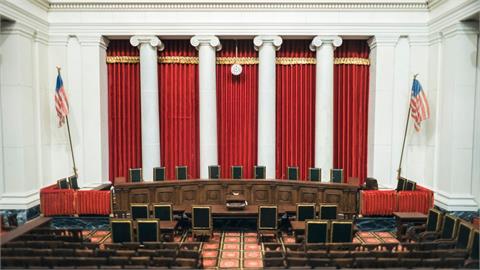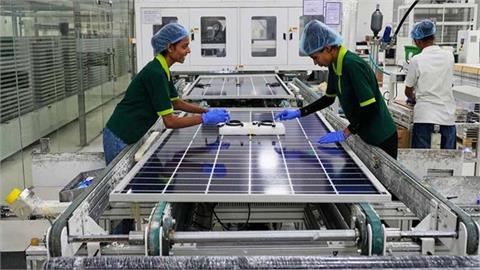Turkey’s government and Kurdish politicians pooled forces on Saturday in a bid to revitalise stuttering peace talks on their bloody conflict, which has claimed some 40,000 lives over three decades.
The centrepiece was a call by Abdullah Ocalan, the imprisoned leader of the outlawed Kurdistan Workers Party, or PKK, to convene a special PKK congress this spring on laying down arms.
In a statement read out by a Kurdish politician, Mr Ocalan, who is held in a Turkish prison island off the coast of Istanbul, said such a congress should "make the strategic and historic decision on ending the armed struggle based on mutually agreed principles” and take up democratic politics instead.
Ahmet Davutoglu, Turkey’s prime minister, described Mr Ocalan’s call as the beginning of a new phase in the peace process.
"We are closer than ever to achieving peace in Turkey,” said Sirri Sureyya Onder, the Kurdish politician who read out Mr Ocalan’s statement after a meeting with government officials in Istanbul’s Dolmabahce palace on Saturday.
The PKK is classified as a terrorist organisation by Turkey, the US and the EU, and much of Turkish society is deeply suspicious of Mr Ocalan, sometimes labelled as a "baby killer”. But President Recep Tayyip Erdogan, Turkey’s paramount leader, has frequently stated his commitment to achieving a settlement to what is often depicted as Turkey’s biggest problem. His ruling AK party prides itself on doing more on Kurdish rights than any of its predecessors.
People on both sides of the talks cautioned that Saturday’s announcement was chiefly intended to revitalise a troubled peace process, that a final deal would be hard to strike in coming months and that the PKK was unlikely to destroy its arms, rather than forswear their use against Turkey.
The PKK and its sister organisation, the Syrian PYD, are currently on a war-footing in the battle against the Islamic State of Iraq and the Levant (known as Isis) in Syria and to a lesser extent Iraq.
Selahattin Demirtas, joint leader of the pro-Kurdish Peoples’ Democratic party, said the announcement amounted to the welcome beginning of negotiations with the Turkish state and that the PKK should prepare itself for disarmament. But he added that it was "unrealistic” for the PKK to come down from its mountain redoubts and that the AK party also needed to reconsider a public order bill the opposition says would usher in a police state.
Nevertheless both sides hailed what they said were plans for a reinforced ceasefire to break through problems have afflicted the peace process for more than a year.
"There was a need to have this kind of statement to show that both sides are dedicated to this peace process,” said a government official. "What was needed was to reinstate belief in the process.”
Informal contacts between Mr Erdogan and Mr Ocalan began over two years ago, mediated by the Turkish intelligence service.
Since then the peace process has faltered, amid Kurdish perceptions of government foot-dragging, allegations of lawlessness in the largely Kurdish southeast and Kurdish anger at supposed Turkish government indifference towards the Syrian Kurdish town of Kobani’s battle against Isis - a battle in which Kurdish forces prevailed.
The PKK and the broader Kurdish movement have called for autonomy and language and cultural rights. In recent days, Mr Demirtas has unveiled ten principles set out by Mr Ocalan, including a call for a new constitution and a new notion of citizenship, hitherto tied up with Turkish ethnicity.
Yalcin Akdogan, the Turkish deputy prime minister who led the government side in Saturday’s talks, added that a new constitution would help solve "many crucial problems”.
Mr Erdogan, who many critics accuse of mounting authoritarianism, is seeking a new constitution that would give him the increased powers of an executive presidency. In a leaked transcript of comments by Mr Ocalan from early 2013, the PKK leader signalled he could support a transition to such a presidential system.
(Financial Times)


